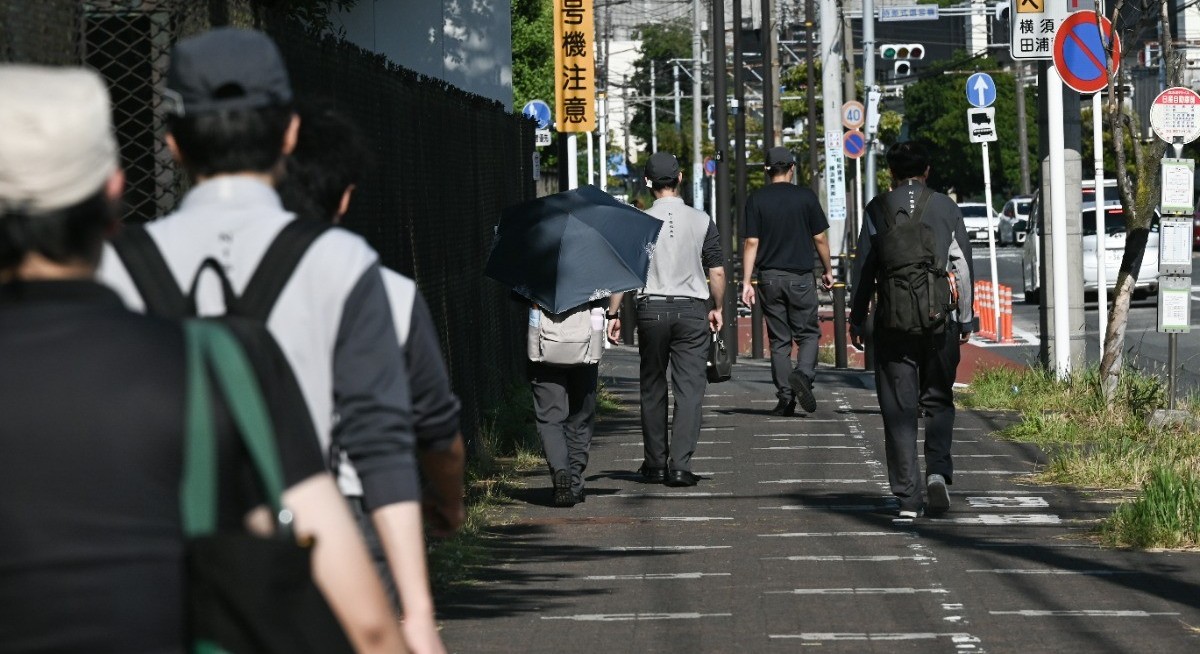(Nov 14): A wave of voluntary and early retirement programmes in Japan is on track to hit a four-year high, as companies from Panasonic Holdings Corp to Japan Display Inc try to balance an ageing workforce with the need to boost competitiveness.
In all, 11,045 employees were targeted for early retirement at publicly listed companies this year as of Nov 10 — the highest since 2021, according to data from Tokyo Shoko Research Ltd. More than 90% of those employees work for companies listed on the Tokyo Stock Exchange’s Prime Market, particularly in the electric equipment, food, metal products and machinery sectors.
These programmes overwhelmingly target employees aged 50 and above, marking a shift away from Japan’s traditional lifetime employment model. The redundancies are unfolding against the backdrop of demographic pressures — shrinking birthrates, an ageing population, and longer life expectancy.
While many employers are extending retirement age to at least 65, it’s far from universal. Others are actively encouraging early exits as part of broader restructuring efforts.
Companies such as Mitsubishi Electric Corp, Mitsubishi Chemical Group Corp, and Meiji Holdings Co are offering retirement packages to older staff. These moves are aimed at strengthening competitiveness in a tight labour market that’s increasingly favouring mid-career mobility, Tokyo Shoko said.
“It’s no longer feasible to operate on a business-as-usual basis,” said Shintaro Iwai, an economist at Dai-ichi Life Research Institute. “The focus is on eliminating redundant tasks to boost productivity and efficiency.”
See also: Japan approves US$135b stimulus to mitigate inflation pain
Activist investors and the Tokyo Stock Exchange are demanding stronger returns, prompting companies to cut costs and unlock value. Even profitable firms are not immune — 28 of the 41 companies implementing retirement programmes this year reported profits, and 77% of the job cuts came from those firms, the data showed.
Meiji and Olympus Corp are among those cutting jobs despite healthy earnings.
Uploaded by Chng Shear Lane




